9 game references that show your age
Where you stand on the generation gap may be more obvious than you think

Above: Here’s a freebie: “The last game I played was Pac-Man!”
Don’t believe us? Then think about the last time you talked about a…
“Shooter” seems like it should be a catch-all term, doesn’t it? Something that should encapsulate all games that revolve around shooting something – which, let’s face it, would be an awful lot of games. But “shooter,” used by itself, tends to have a very specific meaning that differs from generation to generation. Back in the ‘80s, for example, if you were talking about a shooter, you were probably talking about a game like Gradius, R-Type, Xevious or Time Pilot. Something side-scrolling or top-down, usually with a spaceship that shot at things.
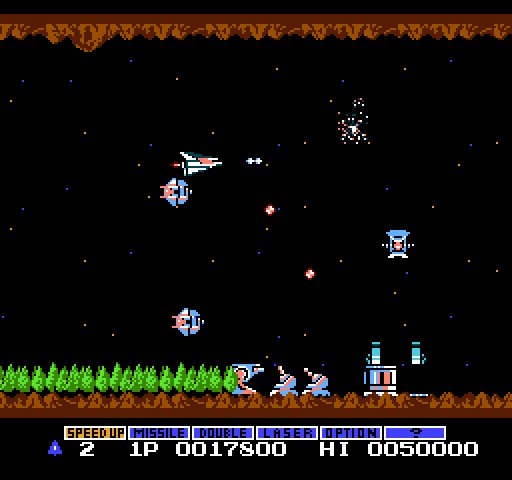
Above: PEW PEW PEW
These have since been renamed “shoot ‘em-ups,” or “SHMUPs,” but when they were actually popular, the term was practically unheard of. And it’s not uncommon for seriously old-school fans to still refer to SHMUPs simply as shooters, because that’s what they are, goddammit.
It wasn’t until the likes of Wolfenstein and Doom came along that first-person shooters co-opted the term and eventually became synonymous with it, giving an entire generation of Japanese-RPG fans license to complain about how everything’s “a shooter” these days.
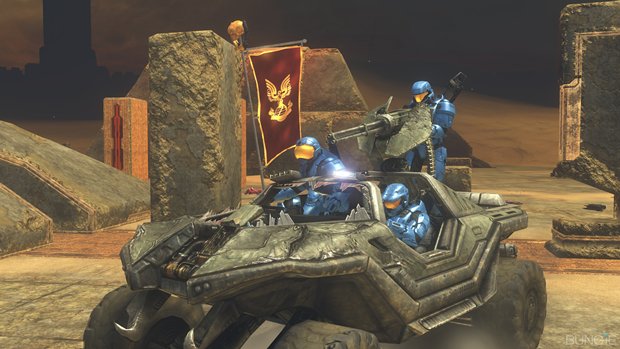
Above: We can probably blame Halo specifically for every game being a shooter, seeing as it’s the most popular and therefore the worst
Weekly digests, tales from the communities you love, and more
It’s pretty common to assume that the word “64” tacked onto a game’s title means it’s a Nintendo 64 game. It was a popular convention back in the day, after all, and became so prevalent that certain N64 games that never had a number in their title have since become popularly known as, say, “Superman 64” or “Castlevania 64.”
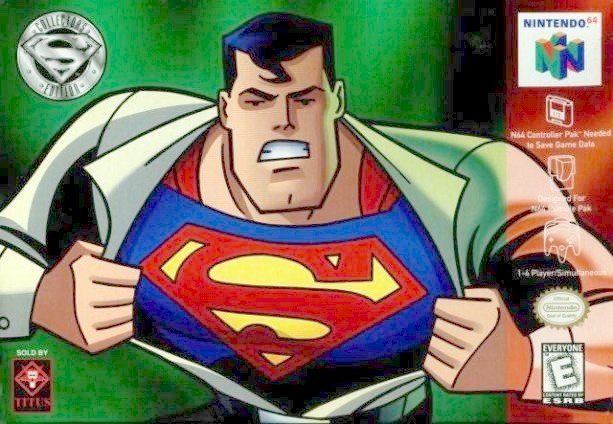
Above: You see a “64” anywhere on this box? Or even a title, for that matter?
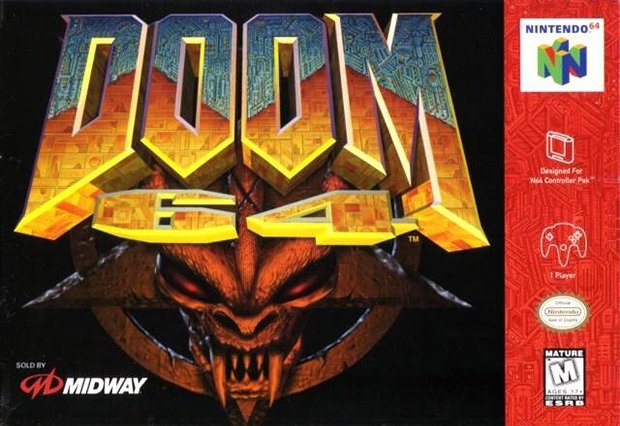
Above: There, see? If a publisher tacked a 64 onto a title, they wanted you to know it
If you’re one of the many who think along these lines, then odds are you’re relatively young. However, it’s possible – if unlikely – that seeing the number in a game’s title triggers a totally different association. It wasn’t quite as widespread as it was among N64 games, but slapping a “64” on a game box was fairly common during the Commodore 64 era, too.
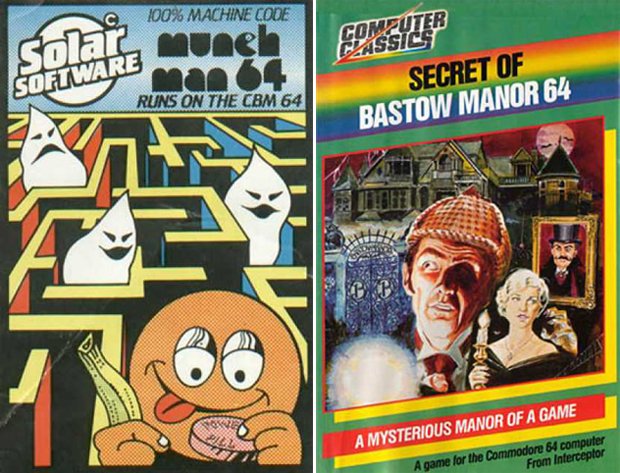
Above: Back then, most games were only 50-60 percent machine code. Munch Man 64 changed all that
So if you’ve ever caught yourself wondering why all these snarky internet kids keep bringing up ancient ‘80s computer games, congratulations: you’re old. And more than a little out of touch.



